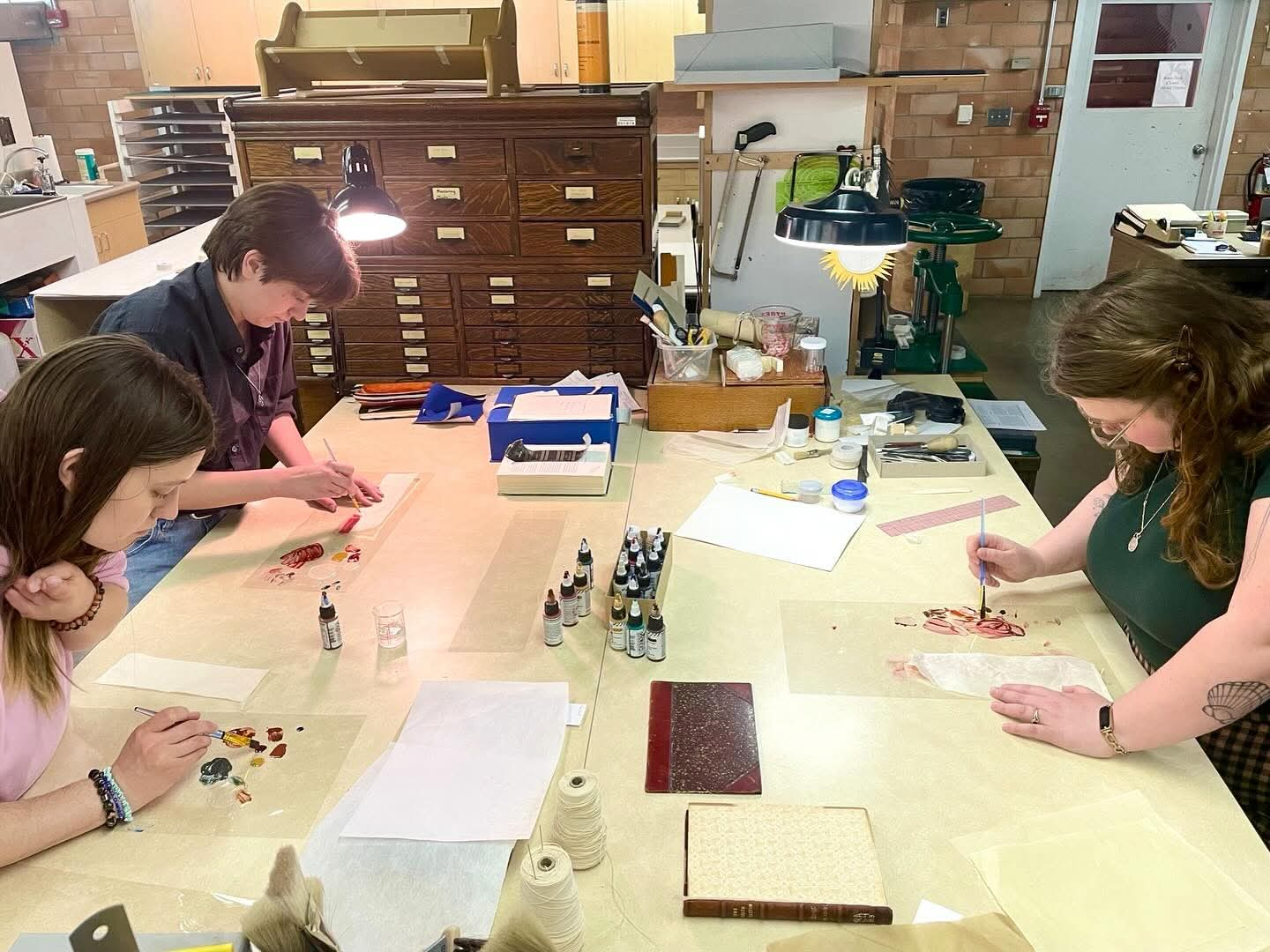Bruce Lear lives in Sioux City and has been connected to Iowa’s public schools for 38 years. He taught for eleven years and represented educators as an Iowa State Education Association regional director for 27 years until retiring. He can be reached at BruceLear2419@gmail.com
There’s power in remembering the past. That’s why families, schools, colleges, and friends hold reunions teeming with more old stories than there are mosquitoes on a hot Iowa evening. Those stories strengthen our connections and spark our memories.
Winston Churchill once said, “Those who fail to learn from history are condemned to repeat it.” But before people recognize they’re doomed by repetition, they need to understand the history that’s repeating.
Understanding Iowa’s rich history is now at risk.
This year the State Historical Society of Iowa (SHSI) received half the funding it requested from the state, and there’s now a move to shutter the SHSI collection housed in Iowa City by 2026, with staff being laid off in December 2025. The SHSI library in Iowa City has been a valuable resource since 1857. Without trained librarians on site, who will decide what important, historic material to save?
According to Mary Bennett, a SHSI librarian for 50 years, SHSI had quasi departmental status with the University of Iowa for over a century, which helped reduce costs. But that ended, and the state is entirely responsible for funding the facility now.
The library contains one-of-a-kind letters, diaries, maps, books, newspapers, journals, oral histories, films, and other materials documenting Iowa’s rich heritage. State administrators propose to move the Iowa City collection to Des Moines, but the space won’t be completed until 2028 and will only accommodate 40 percent of the Iowa City material. There’s no clear plan for the remaining 60 percent.
Because of government reorganization, the SHSI is now under the jurisdiction of the Iowa Department of Administrative Services. In a meeting on June 26, the first question asked was why wasn’t SHSI notified about the sudden closure before it became public. Adam Steen, the Director of Administrative Services said, “This may sound cold, but nothing technically required that.”
What it really sounds like is an administrator who has little regard for an agency he oversees, and for Iowans who will forever lose a piece of Iowa’s heritage that’s been available for the public, students, and historians for 168 years.
Destroying documents telling the story of who we are is a loss that can’t be measured and may not be recognized until too late. I wish I had recordings of the stories my parents and grandparents once told. I didn’t have the good judgement to do that, and now they’re gone—just like 60 percent of the Iowa City material may be if the building closes.
This is one of the few issues that isn’t political. There’s not a red or a blue side. Instead, it’s about either protecting history or not. But make no mistake, this is a public education issue. Public education isn’t confined to schools and universities; it’s also found in places like the SHSI Library in Iowa City.
I understand, there may be people asking, “What’s the big deal? We’ll still have a State Historical building in Des Moines.” The best person to answer that is Linda Brown, who worked as the librarian in the SHSI Library in Iowa City for 23 years. In a letter to Governor Reynolds she wrote, “There’s no question the archives in Iowa City are entirely unique and incomparable. I want to address the assumption that the printed material is largely a duplication of the material in the Des Moines collection. The overlap would be 20% at most. The Iowa City library has significantly more depth and breadth in the 19th and early 20th century publications.”
We can’t afford to lose a piece of our past.
People who want to learn more, and believe the legislature should hold public hearings on this matter, should use this link to make your wishes known.


1 Comment
public education (writ large) is
one of the most partisan issues of our times and our rulers have a deep disdain for expertise and public services…
dirkiniowacity Mon 4 Aug 10:41 AM